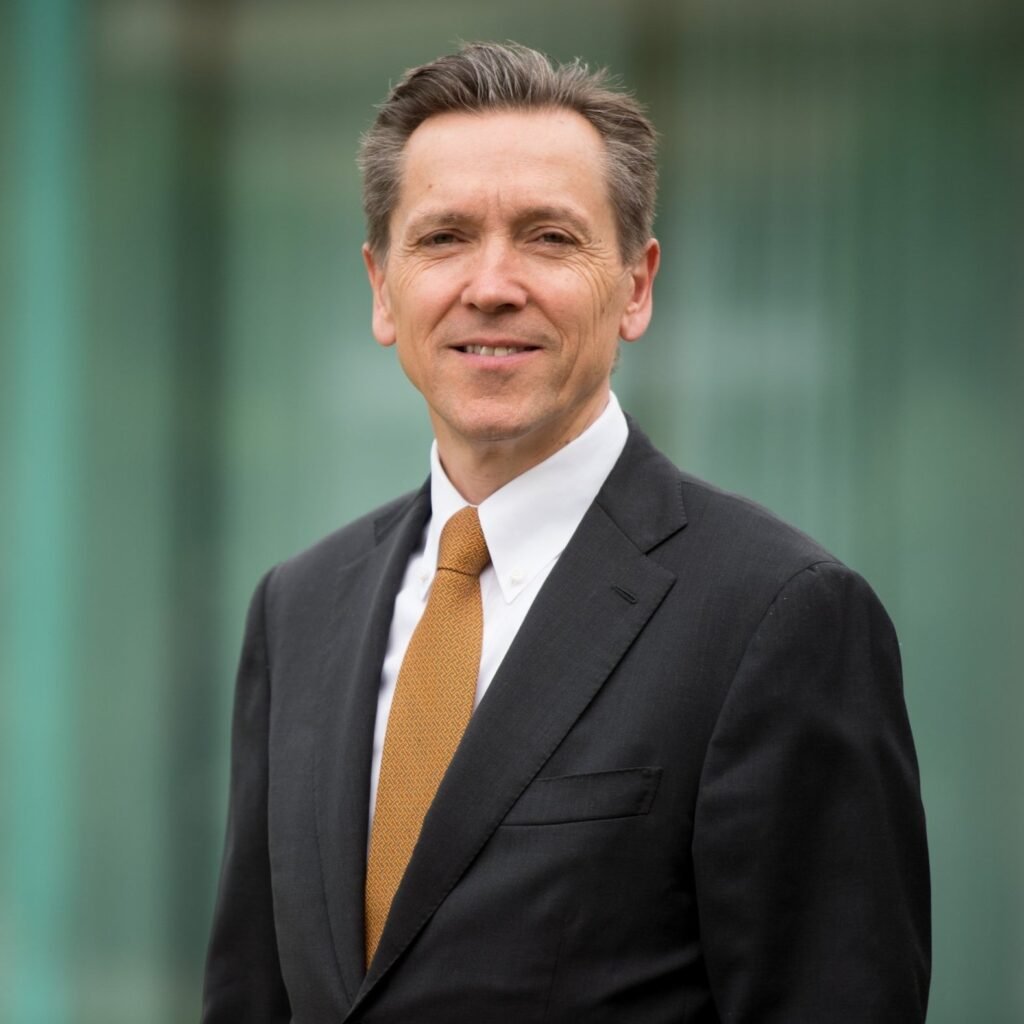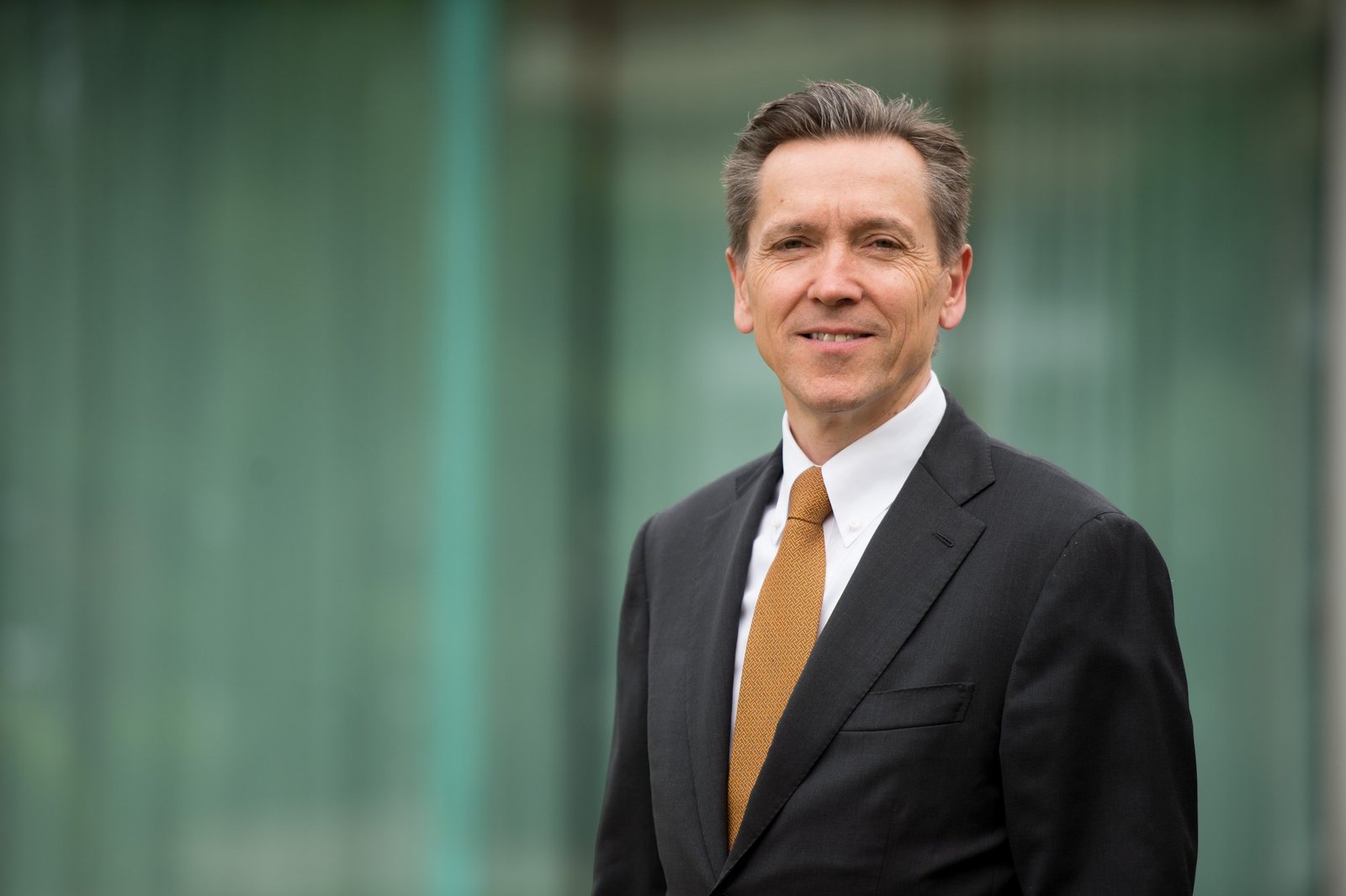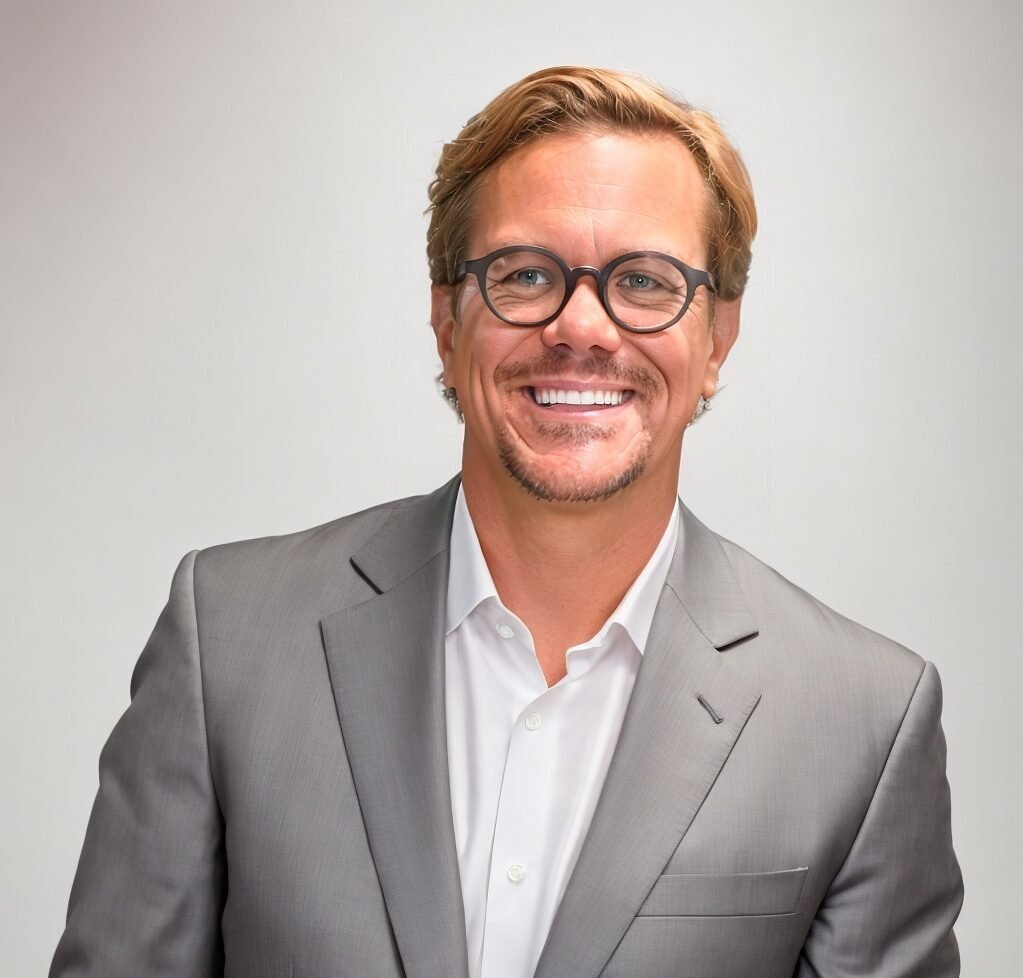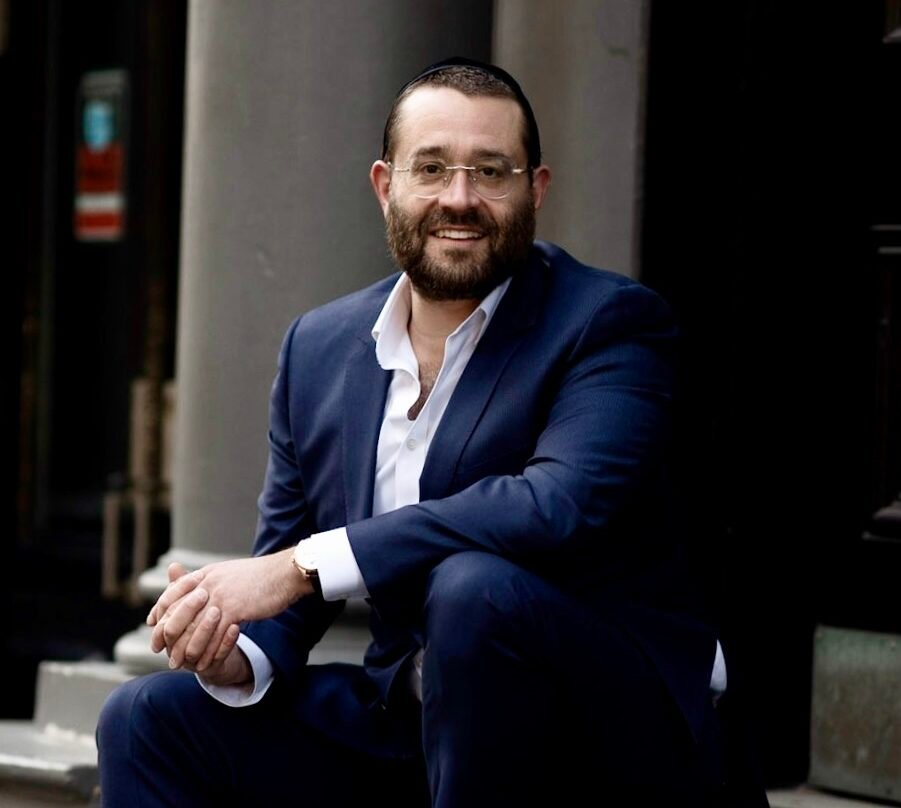I recently went one-on-one with Stuart Jackson, Vice Chair of L.E.K. Consulting. Stuart is the author of the new book Predictable Winners.
Adam: Thanks again for taking the time to share your advice. First things first, though, I am sure readers would love to learn more about you. How did you get here? What experiences, failures, setbacks, or challenges have been most instrumental to your growth?
Stuart: I was the second child, born into a loving family in a coastal village in England. My early years were a series of Tom Sawyer adventures on beaches, woodlands, and marshlands. At school, I endured the challenge of appearing several years younger than my age, but the lack of an active social life helped me succeed in academics, particularly math and sciences. I made it to Cambridge as the first in my family to benefit from higher education, which is where life suddenly became much more exciting.
Highlights of college were meeting my future wife, winning an academic scholarship in engineering, running the May Ball, rowing on the river, and finally, landing a job with L.E.K. Consulting, which at the time was just getting started with ten employees.
After twenty years with L.E.K. I was in my late forties, a fairly successful partner in a firm that was doing reasonably well, particularly in the U.S. But I was finding it exhausting. Having to travel all over country to meet with clients was tough with a young family. I felt like I could not continue with the job for more than a couple more years. I did two things that changed my trajectory:
-
I wrote an earlier book “Where Value Hides”. I felt there were some unique ideas and approaches that we as a firm had developed, and that it would boost our reputation if these were shared more widely. The book had modest sales, but it clicked with some critical clients and prospects, who ended up becoming loyal clients and generating many millions in revenue for the firm. It was also the start of a new drive at L.E.K. to increase our outbound marketing and accelerate our growth.
-
I bought a plane and hired a former American Airlines pilot to fly me around to clients in it. It was a big bite out of my personal income, but I got an 80% non-recourse loan to pay for it and felt it was worth a try. It literally transformed my working life. Suddenly, I could spend more time with clients, visiting them in their remote places. I developed life-long relationships with many of my team members as we spent hours in my “flying living room”. Most importantly, I could still be home for dinner with my family most nights of the week.
These two changes transformed my trajectory, making me one of the most productive partners and setting me up to become global leader of the firm a few years later.
Adam: What do you hope readers will take away from your new book?
Stuart: “Optimistic paranoia” is what I hope readers take away from the new book, Predictable Winners, which I wrote with my L.E.K. colleague Ilya Trakhtenberg, who’s a partner in Chicago. I want readers to believe in their ideas and build confidence that success is achievable. But at the same time, they should have a full appreciation of the daunting challenges that need to be overcome in bringing new products to market successfully.
Adam: In your experience, what are the key steps to growing and scaling a business through innovation?
Stuart: Beyond the initial concept idea, scaling a business through innovation requires mastering multiple disciplines that are needed to overcome all the risks that can cause a product to fail:
-
Functional risk – will it work?
-
Customer risks – will enough customers benefit from the product to create a worthwhile market?
-
Adoption risk – for customers that could benefit, can we overcome the barriers to adoption – awareness, price, reputation, risk aversion, etc.?
-
Competitive risk – even if we create a worthwhile product, can we scale quickly enough to succeed against incumbent or emerging competitors?
-
Business risk – can we create a viable business model taking account of pricing, development costs, fulfillment, and costs of customer acquisition?
Mastering all of these challenges requires building a team with multiple capabilities and managing a culture that evolves as priorities shift.
Adam: What is your best advice on building, leading, and managing teams?
Stuart: My approach has been to recruit people early in their careers who have strong capabilities, are highly motivated, and are fun to be around. Then I invest everything I can to make the job work for them, giving them opportunities for advancement and making it fun and rewarding. I refuse to let anyone leave without a fight. Some examples:
-
I remember early in my career having one spot open with the Chicago team I was leading. We made two offers, figuring if both accepted, the other would go to a different office. When I got word that my second choice wanted to accept, I tracked down the other candidate, on Christmas Day, to tell him that if he wanted the Chicago spot, he needed to accept immediately, before I called the other candidate. He accepted and went on to become head of the U.S. organization 20 years later.
-
I enjoyed spending time with my Chicago team, inviting them to events at my home and even flying people out to ski weekends, all out of my own pocket.
-
Several times, people resigned early in their careers “because the job was too hard.” I would have long conversations with them and sometimes their spouses to try to talk them back. In many cases, it worked and they went on to have very successful lifetime careers with us.
Adam: What do you believe are the defining qualities of an effective leader?
Stuart: Optimism. Success depends on creating belief in what is possible. First in yourself, and then throughout your team.
Enjoying the job. You have to find a way to enjoy your job. For most people, that does not mean “following your dreams” – your dream may be to run a film studio, but that does not mean it is possible for you to succeed in that. Rather, it is about finding something you can succeed at which you can also find meaning in. In strategy consulting, I find meaning in helping people with their most difficult business challenges. I believe that it is a privilege to help others with situations they cannot solve themselves. I also find great satisfaction in recruiting eager but inexperienced young people and seeing them go on to have highly successful careers within the firm or outside.
Being able to compartmentalize. Leading a team is full of problems and challenges. You cannot own them all. You need to confront problems, listen to evidence and opinions, then decide a plan of action or delegate the decision to someone else. Then you need to get on with your life.
Being open-minded. It is not enough just to listen. You need to show that you can change your mind. Giving others on the team some victories makes you stronger as a leader.
Caring. It is important to understand and cherish what is at the heart of a company. When former Boeing CEO Harry Stonecipher said, “I changed the culture of Boeing so that it’s run like a business rather than a great engineering firm,” he missed the point. He wanted to focus on what he was most interested in rather than what the company really needed. Before Stonecipher, Boeing was a great business because it was a great engineering firm.
Impatience. Part of the role of a leader is to drag the organization along faster than they would prefer to go. One of my clients was famous for developing five-year plans and then asking his team to try to get there in three years.
Adam: How can leaders and aspiring leaders take their leadership skills to the next level?
Stuart: Find a role you can really care about and believe in. Know your own strengths, weaknesses, and biases. Listen to others and then do what’s needed, rather than what is more in your comfort zone.
Adam: What are your three best tips for entrepreneurs, executives, and business leaders?
Stuart: Build a thirty-year team and supporting relationships.
Make the career fit you rather than vice-versa.
Enjoy life – you will only get one.
Adam: What is the single best piece of advice you’ve ever received?
Stuart: When I took over as head of L.E.K. Consulting, the outgoing chairman gave me one piece of advice: “The most important thing is to keep the partners together”. He was right. In a consulting firm, the partners are critical to the firm’s success and growth but all of them have many career options. The problem was very real when I took over as we were losing partners almost as fast as we were promoting them. We changed a lot about the firm during my tenure as leader, but whenever there were tough calls, I always kept that advice as the guiding principle.
Adam: Is there anything else you’d like to share?
Stuart: Find a great life partner. Whether through a traditional marriage or otherwise, with the right partner, every challenge is halved and every joy is doubled.
Adam Mendler is an entrepreneur, writer, speaker, educator, and nationally recognized authority on leadership. Adam is the creator and host of the business and leadership podcast Thirty Minute Mentors, where he goes one-on-one with America’s most successful people – Fortune 500 CEOs, founders of household name companies, Hall of Fame and Olympic gold medal-winning athletes, political and military leaders – for intimate half-hour conversations each week. A top leadership speaker, Adam draws upon his insights building and leading businesses and interviewing hundreds of America’s top leaders as a top keynote speaker to businesses, universities, and non-profit organizations. Adam has written extensively on leadership and related topics, having authored over 70 articles published in major media outlets including Forbes, Inc. and HuffPost, and has conducted more than 500 one on one interviews with America’s top leaders through his collective media projects. Adam teaches graduate-level courses on leadership at UCLA and is an advisor to numerous companies and leaders. A Los Angeles native, Adam is a lifelong Angels fan and an avid backgammon player.
Follow Adam on Instagram and Twitter at @adammendler and on LinkedIn and listen and subscribe to Thirty Minute Mentors on your favorite podcasting app.









